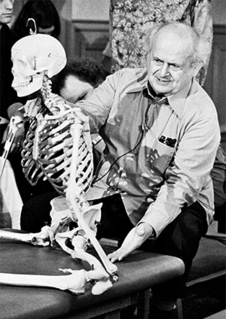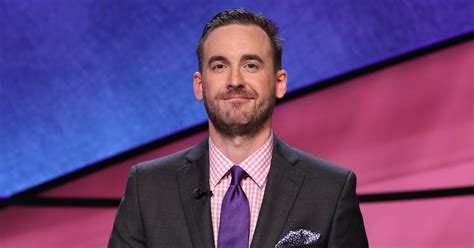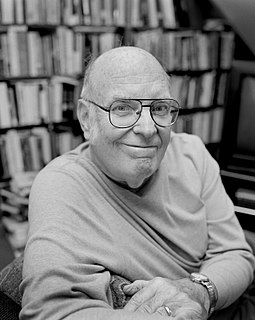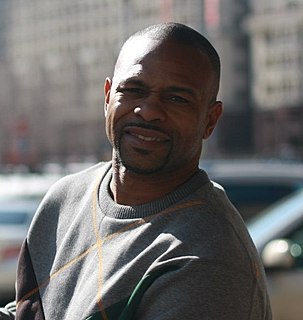A Quote by Daniel Tammet
How any person decides to emphasize strengths and mitigate weaknesses is something people have to figure out for themselves. I'm wary of the self-help literature that suggests there are certain rules. I'm very happy for people to look at my story and say it's possible to achieve many things.
Related Quotes
Find your true weakness and surrender to it. Therein lies the path to genius. Most people spend their lives using their strengths to overcome or cover up their weaknesses. Those few who use their strengths to incorporate their weaknesses, who don't divide themselves, those people are very rare. In any generation there are a few and they lead their generation.
[The Other Woman]s not only a story about friendship and women and how we support one another and how we're there for one another, but it also shows how different these women are. They each have their own strengths and weaknesses, and those strengths and weaknesses help each one of them in their own way.
I'm friends with a lot of writers and so many of them say how much they hate signings and how they leave after a certain period of time. But what is so hard about sitting there while people tell you how much they love you? And if you don't like it, well, learn to like it. I try to take one person at a time. I never look down the line to see how many more people are left. And I always try to make people talk about something besides whatever they planned to say.
The metaphor ( coaching) with sports is meant quite seriously... the coach stands back , observes the performance, and provides guidance. The coach applauds strengths, identifies weaknesses, points up principles, offers guiding and often inspiring imagery, and decides what kind of practice to emphasize.
I never was a person that wanted that life...I'm a leader not a follower. I don't care what they say, or what they're doing or what they're wearing. Go ahead, cos come Judgement Day, all of that won't matter. How many people did you help. How many people did you talk to. How many people did you try to encourage. How many people did you bring to God. That's what's gon' matter.
Many musicians are fabulously skilled at playing the black dots on the printed page, but mystified by how the dots got there in the first place and apprehensive of playing without dots. Music theory does not help here; it teaches rules of the grammar, but not what to say. When people ask me how to improvise, only a little of what I can say is about music. The real story is about spontaneous expression, and it is therefore a spiritual and a psychological story rather than a story about the technique of one art form or another.






































